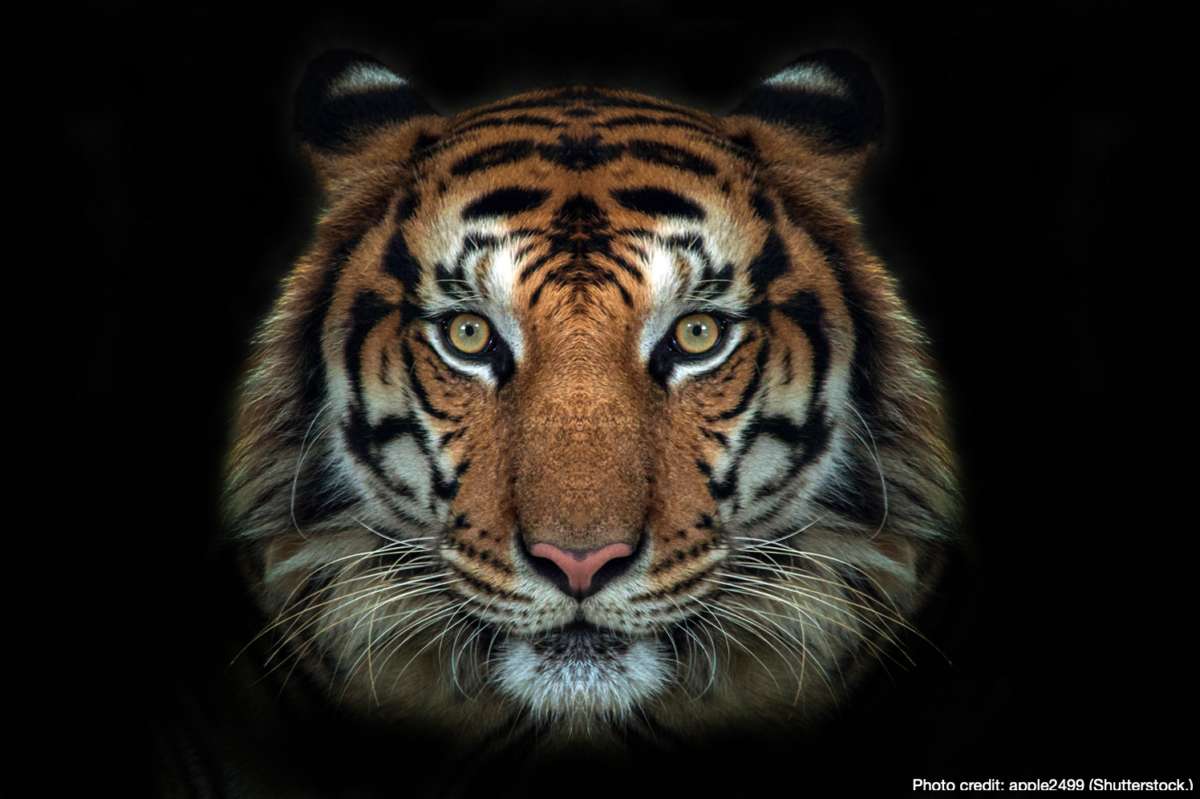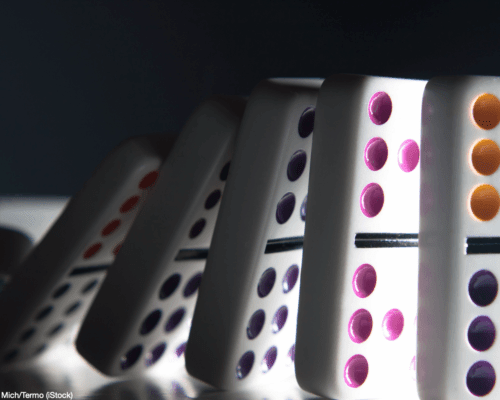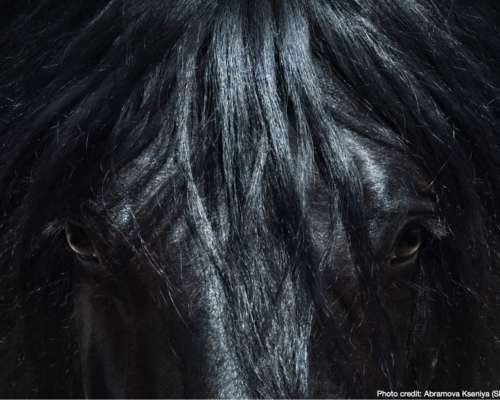过年
Next month will be the beginning of the Year of the Tiger (虎). But what does that mean?
Long, long ago at the bottom of the sea lived a monster called Nián (年). Nián had sharp teeth and horns, and was very fearsome to behold. At the end of every Lunar Year, the hungry monster would leave his lair and surface, looking for a feast. The monster particularly liked to eat people. In order to avoid the monster, the villagers would flee inland.

One year, just as everyone was making preparations to leave the village, a poor beggar arrived looking for food and a place to stay. Only one woman cared enough to help him. As a result, the beggar promised the elderly woman that he would chase Nián away for good. The beggar got as much red paper as he could find and decorated the doors of the homes in the village with the paper. He also gathered as much bamboo as he could find. When Nián finally appeared late in the night, he was stopped short by the red paper on the door, and when the bamboo was set alight, it exploded with a loud noise, Nián felt real fear. The beast ran off, never to trouble the people again.
When the villagers returned the next day, they realized that the monster could not harm them if on the annual day of his arrival, they adorned themselves and their homes in red, and if they had plenty of bamboo to fire to scare him just in he did appear.
In a very few more days, China will be joining one fourth (2 billion people) celebrating the Chinese New Year. During each of the sixteen days (fifteen days in other sources) a different activity will be featured. This festival also accounts for the largest migration of people each year as millions of individuals journey homeward to celebrate with family and friends and to honor their ancestors.
The celebration of the Chinese New Year has changed over the ages. And interestingly enough, the Chinese word for Nián is also the same word used for “Year.” As far as the changes in the commemoration go, according to one source:
“In Wei and Jin Dynasties (220 – 439AD), the celebration was still a grand fair for the government, and common people would use the cracking sound of burning bamboo to subdue the evil spirits. Staying up tradition was also widely kept, and people would dress in tidy to kneel down to senior family members (sic.) The words Yuandan and Xinnian were created to mark the turn between two years.”
By the time of the Qing Dynasty (1644 – 1911 AD) and Song Dynasty (960 – 1279 AD), there were changes in the name of the festival, and its emphasis, which was more social than ever. The invention of gunpowder allowed firecrackers to replace bamboo (when set ablaze, bamboo will often pop loudly because there is air trapped in the spaces of the stalk, and it was this that created the noise that frightened Nián.
From the Song Dynasty to Qing Dynasty (1644 – 1911 AD), the celebration became even more festive, akin to county fairs elsewhere in the world. The Lion dance became popular and people would exchange gifts.
The Han Dynasty set aside the last seven days of festivities to celebrate the birthday of life. Different species of animals were made by Nüwa, the Chinese mother goddess. Man was made on the last day, beginning with the aristocracy.
Today, the Chinese New Year is popularly called Chunjie (春杰) or Spring Festival. Food is central to celebrations during Chunjie and the entire Spring Festival.
“In Southeast Asia for example, Chinese families gather to eat Yusheng (鱼生), a very colorful dish of raw fish slices tossed with over ten types of seasoning and pickles. In mainland China, longevity noodles or special porridges with seven types of ingredients are instead consumed” according to one source.
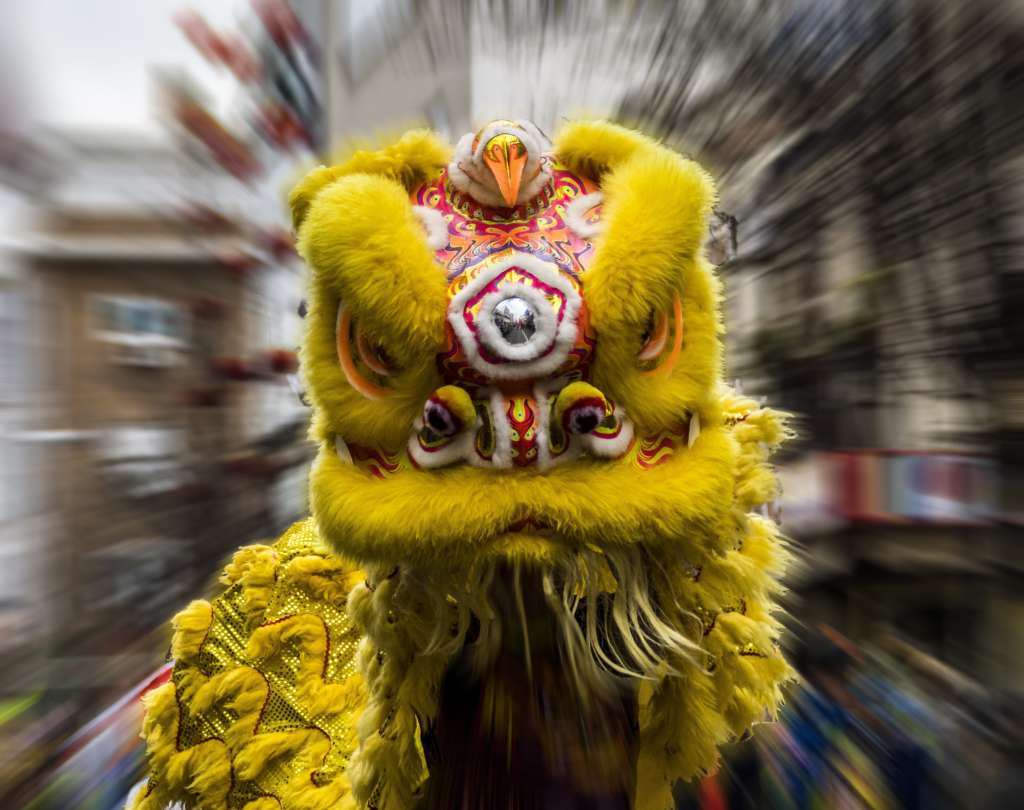
This year, the Chinese New Year Festival will run from February 1st until February 11th. Each New Year is associated with a difference animal, such as the ox, the rat, the monkey, the dragon, and so on. This year is the Year of the Tiger. The tiger in Chinese astrology represents certain attributes as other animals do. “They are strong, brash, impetuous and, above all, self-assured.” There is a saying in Chinese (骑虎难下) which translate “If you ride a tiger, it is hard to get off.”
Common foes, common friendship
The U.S. and China have stood shoulder-to-shoulder in the past, whether fighting Japanese imperialism during World War II, or teaming together to build a better world in the future. And the Chinese people displayed a hunger for the Gospel when missionaries brought them the Word of God before that in the nineteenth century. According to Statistica, 317,000 Chinese students are attending U.S. colleges and universities during the 2021/2022 academic year, and there is much that Americans can learn from the Chinese people, especially in the area of filial piety and educational success.
However, while many ordinary people in our countries may wish for mutual peace and prosperity to prevail, there are problems ahead in this new year that must be dealt with peacefully. True peace is possible only when we turn our hearts to God. Harmonious relationships can be established when we love our neighbors as we love ourselves. This love, this peace is only possible when we allow the Holy Spirit to transform our lives. For my Chinese visitors who are curious or searching, you may find answers here. And if you liked this post, please share it with your friends.
I also invite my Chinese visitors to look over my blog and to begin the New Year as a new creature in Jesus (若 有 人 在 基 督 裡 ,他 就 是 新 造 的 人 ,舊 事 已 過 , 都 變 成 新 的 了 .) II Corinthians 5:17. I can tell you that God loves you, forgives all who come to Him, and will welcome you to heaven with open arms if you only believe in His Son Jesus.
Until then, 祝您新年快乐,身体健康!
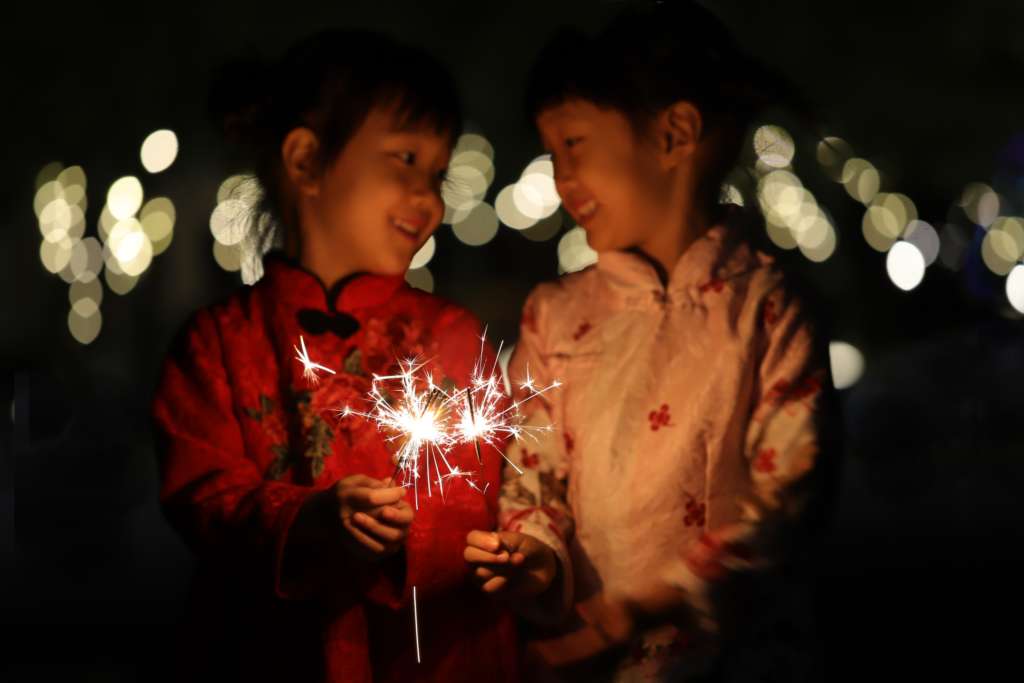
Other posts on my blog that may be of interest to my visitors from China can be found here.
